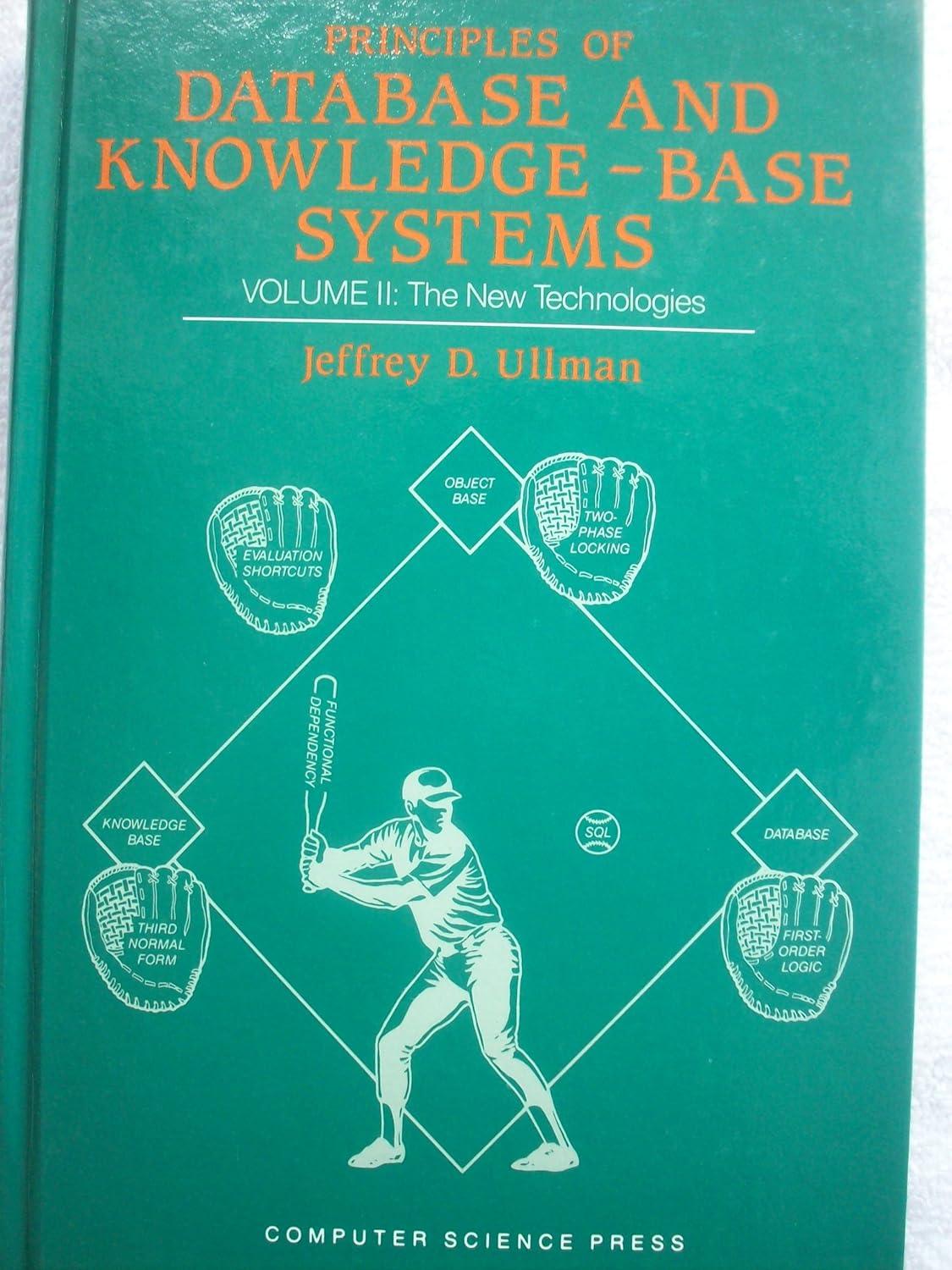Question
Help me to draw some diagram ( Class Diagram, Class Specifications,Interaction Diagrams, Design Considerations) Question: Idea: Restaurant management system, Using C++, PC Features (table reservation)
Help me to draw some diagram ( Class Diagram, Class Specifications,Interaction Diagrams, Design Considerations)
Question: Idea: Restaurant management system, Using C++, PC Features (table reservation) We have to divide ...
Idea: Restaurant management system
Features (table reservation)
We have to divide our system into three parts first one is the manager second one is the waiter and the third one is the customer.
Then the manager will manage the tables left or not The waiter will serve the food and collect money and also allocate the empty tables to customers The manager will make a bill and give it to the waiter Customer will buy food and pay the bill
Software Design This section gives specifications for all software components, in sufficient detail to begin coding. The suggested documentation defined here assumes an object-oriented design using UML. If the software design does not fit with object-oriented principles (for example, a Prolog based logic program) alternate documentation will need to be determined. Although this section defines software, it should not be tied to a specific programming language. One of the purposes in using UML for design is to allow for language independent designs. Class Diagram The UML class diagram shows all classes and their associations. It only defines the visibility and names of attributes and operations. In general it is sufficient to only give public and protected members. If there are a large number of classes, organize them into several class diagrams corresponding to the module structure defined in your architecture diagram. Class Specifications Give full class specifications in UML notation. These specifications include the visibility and types of all attributes and the visibility and type signatures of all methods. Interaction Diagrams For each use case (defined in the analysis document), give a collaboration diagram or a sequence diagram that illustrates how the software classes work together to implement the use case. These can be viewed as visual representations of the main and exceptional flows defined in the fully-dressed use case descriptions. Design Considerations Describe any important design principles or design patterns that were considered in the design of the classes, their associations or their interactions.
Step by Step Solution
There are 3 Steps involved in it
Step: 1

Get Instant Access to Expert-Tailored Solutions
See step-by-step solutions with expert insights and AI powered tools for academic success
Step: 2

Step: 3

Ace Your Homework with AI
Get the answers you need in no time with our AI-driven, step-by-step assistance
Get Started


